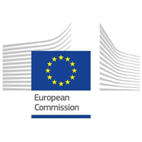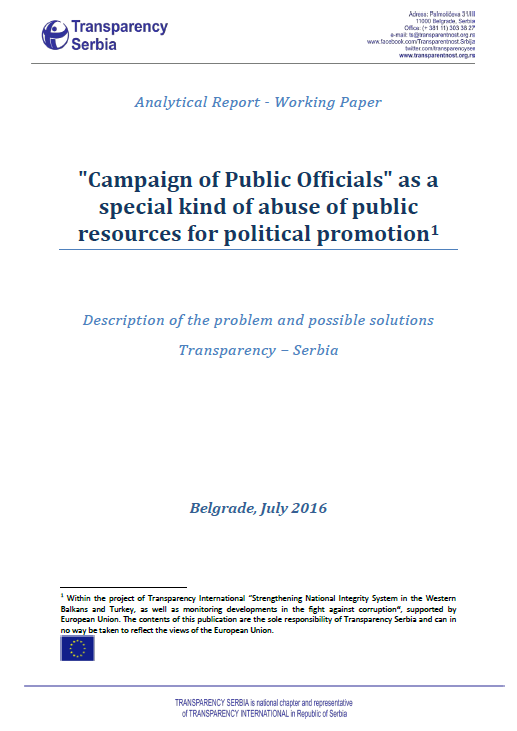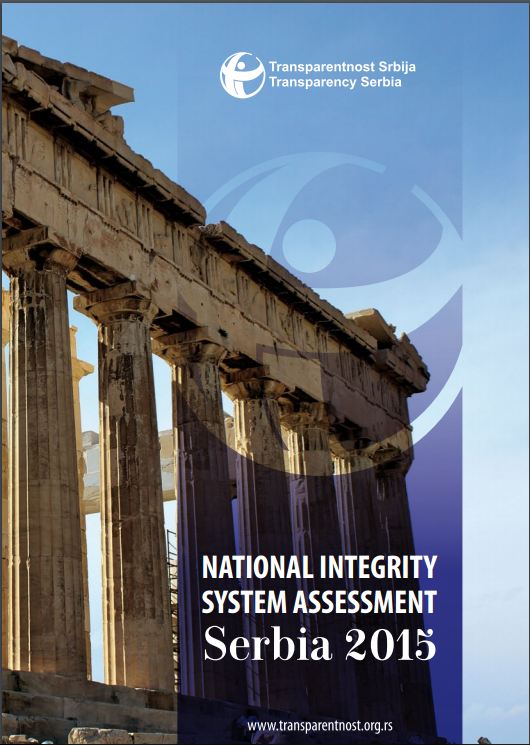The main activity in this project is research, based on a methodology which was designed and developed by Transparency International, which is internationally known as the National Integrity System, or abbreviated "NIS". NIS research has been conducted so far in over 70 countries worldwide. NIS methodology provides the analysis of legal solutions, the current practice of their application and relationships of a wide range of institutions relevant for the successful functioning of the fight against corruption in a society. NIS methodology is based on the institutions and examines whether they have access to the appropriate authority, financial and other resources for the achievement of its role in the fight against corruption, but also whether the legal mechanisms work in practice. Institutions are viewed as "pillars" of the system of social integrity. Starting from the assumption that the weakness of any column reflects the stability of the entire system, the goal of the research is not only to identify where the problems lie, but how these problems could be overcome. Comparatively speaking, NIS studies usually include recommendations to amend the strategic anti-corruption laws, the adoption or amendment of the relevant regulations, and other suggestions concerning the practice of law implementation.

There are no articles in this category. If subcategories display on this page, they may have articles.



















